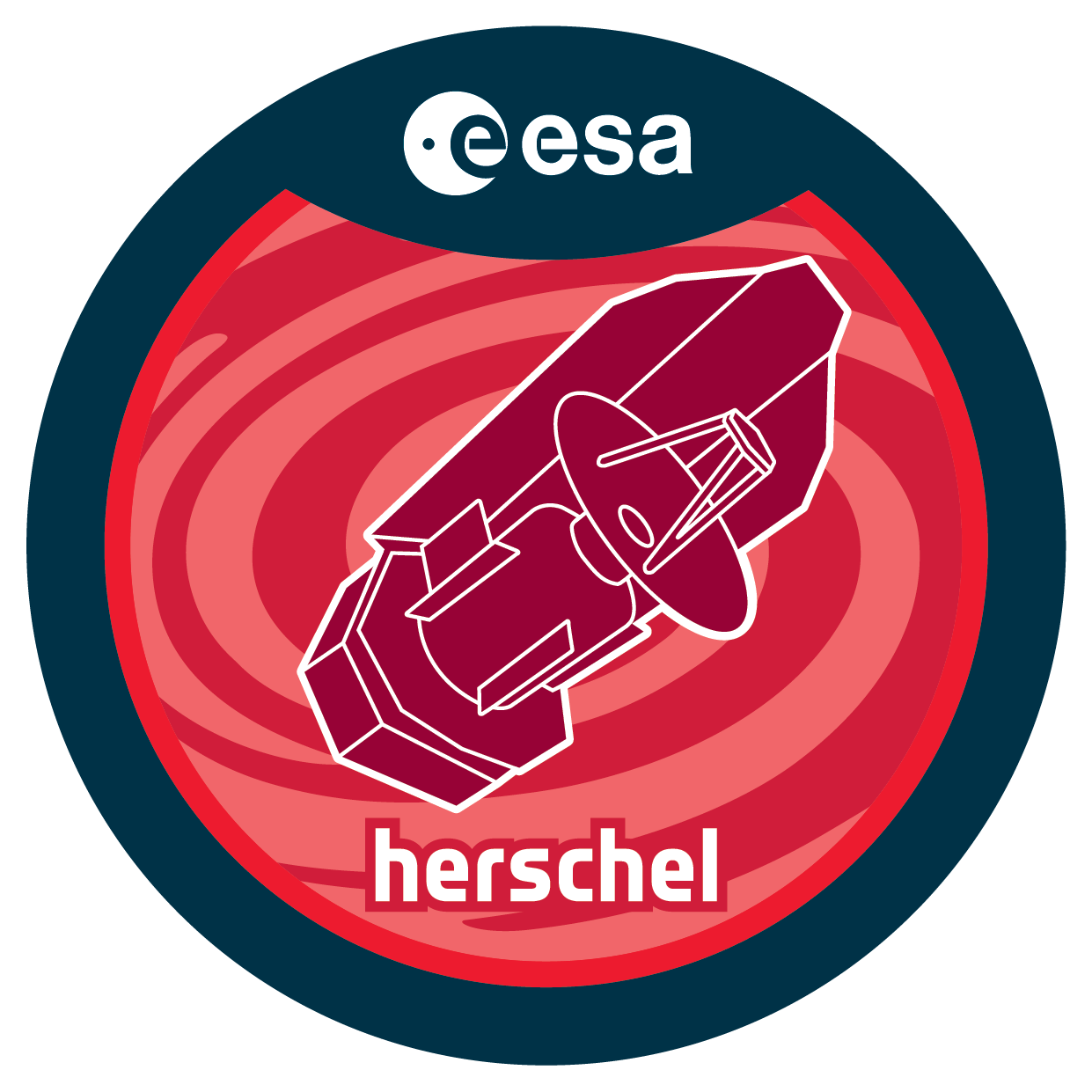| Description |
We propose to extend our OT1 PACS imaging survey of galactic winds in nearby star-forming galaxies to the poorly explored but critically important low-mass end of the galaxy mass function. Following our OT1 strategy, we will obtain very deep PACS 70/160 micron data to map the detailed distribution of cold (T<100 K) dust in a small but representative sample of dwarf galaxies that are known to host outflows. These data will be compared to state-of-the-art, 3D numerical simulations of superwinds and predicted PACS fluxes. Direct and indirect evidence shows that dust is present on large (kiloparsec) scales in outflows in some starburst galaxies. However, this dust has never been mapped at wavelengths of 70-160 microns, and its geometry, mass, and energy are almost completely unknown. Recent spectacular SPIRE results on M82, as well as our own Spitzer IRAC 8-micron and MIPS 24-micron maps of the targeted wind galaxies, suggest that this survey will yield exciting new insights on the cold dust in these outflows. We will ascertain the significance of dusty superwinds in the context of outflow physics and the impact of the outflows on the host galaxies and the IGM. We will compare the distribution, mass, and energy of the cold dust to optical emission-line and absorption-line, mid-infrared, X-ray, and radio data compiled by us and other groups. As in OT1, we note that several of our targets are being mapped with PACS and SPIRE as part of key programs (KPs). However, the objectives of these programs are heterogeneous and often neglect the importance of outflow science. This is reflected in the depth of the observations at the critical shorter wavelengths, near the peak of the IR SED: the PACS KP data will not be able to detect the FIR emission expected from a M82-like wind in our galaxies. The proposed PACS survey will go nearly an order of magnitude deeper than the KP data and will complement the SPIRE portion of the KPs, while providing many advantages over the SPIRE data. |

